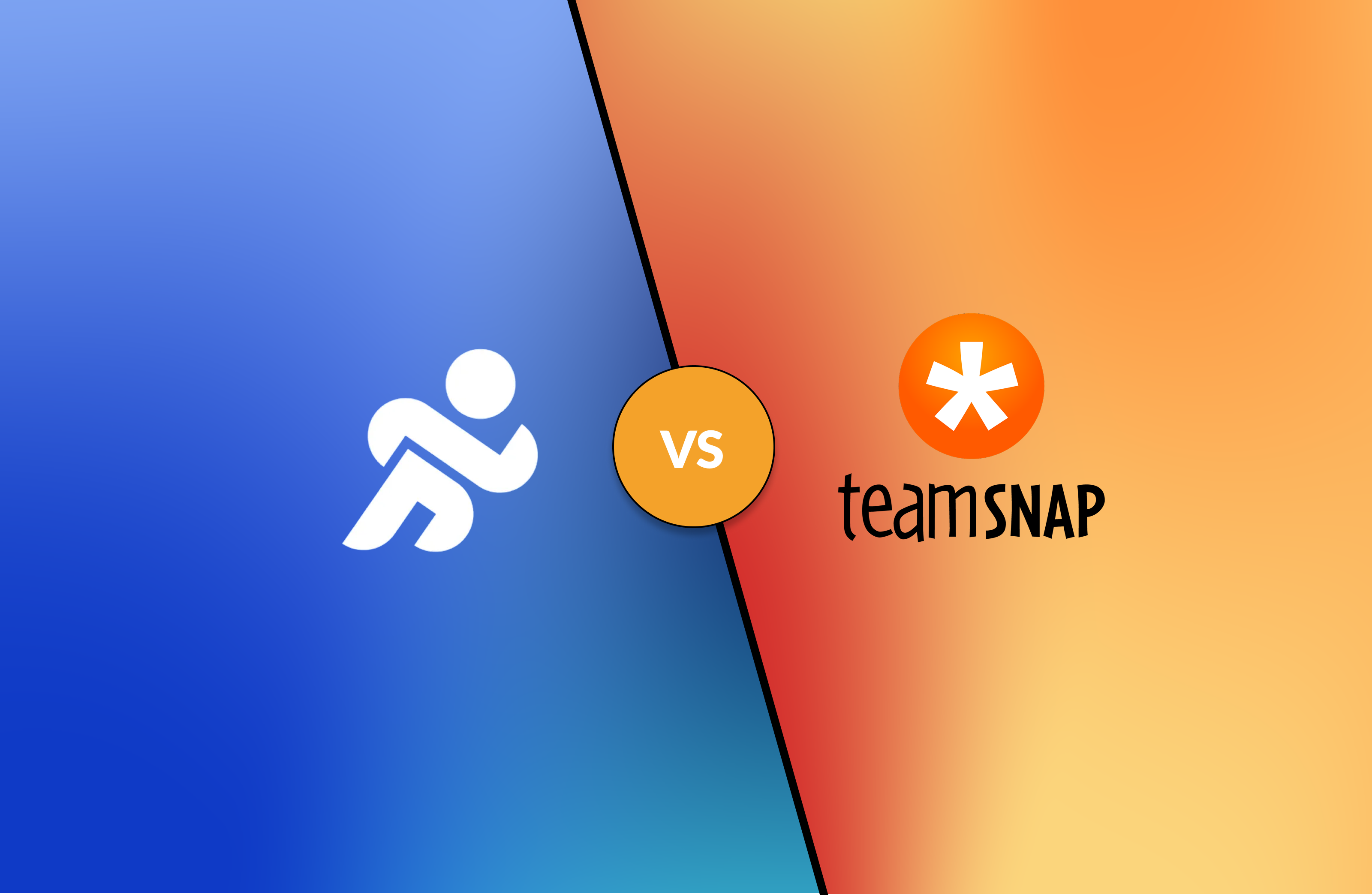6 tips for dealing with difficult players

As a coach, you’re bound to come across players with more challenging behavior. It’s important to learn how to manage them, as they can have a negative impact on the rest of the team, but you may not be sure how to go about it. Here are some tips on how to deal with these difficult personalities.
How do you identify a difficult player?
A difficult athlete is a player with a bad attitude. This is a player who may have difficulty collaborating with others and who is not a team player. This type of player may tend to behave inappropriately toward teammates or toward you. For example, he may be rude or arrogant.
In addition, this is a player who can be disinterested. He may show no interest in his team or the sport he plays. This can make interactions with the latter more difficult, since this type of player can tend not to follow instructions or get angry easily for trivial reasons. For example, he may not appreciate constructive feedback or be a sore loser.
Define the consequences in advance
When you’re dealing with a player who tends to be more difficult, it can be easy to get frustrated. You do your best to manage him and keep him on the straight and narrow, but he may not understand the impact of his behavior.
That’s why, at the start of the season, you can tell your players that any unsportsmanlike behavior will be subject to consequences. That way, everyone will be on the same wavelength. The important thing is to remain fair and consistent. The first thing to keep in mind when implementing consequences is that there must be fairness and consistency for all players on your team.
Also, make sure everyone knows what’s going on. Indeed, it’s important that every member of your team understands exactly what the consequences will be if they do something wrong or act inappropriately. This applies not only to the players themselves, but also to their parents.
Understanding player needs
One of the best ways to deal with a difficult player is to find out what he really wants. Often, this kind of behavior stems from other things. That’s why it’s important to ask him directly and listen carefully, so that he feels heard and understood. You can then ask him how you can help him. The important thing is not to jump straight into accusations, as this could contribute to making the situation worse.
Of course, dealing with difficult players can be a challenge, but with a calm and educational approach, you can help them become better. Let the problem player know that you’re there if he wants to make changes that will help him improve his behavior. If he’s making real efforts to improve, don’t ignore them and praise him. This is a form of positive reinforcement that will be beneficial.
Understanding the reason for behavior
It’s important to determine whether the player’s behavior is simply bad behavior, or whether there’s a particular reason behind it. Sometimes it’s hard to tell the difference between a positive and a negative player. If you’re not sure, you can ask yourself a few questions.
For example, is the player having difficulty with something specific? Are you taking the time to help him learn? Perhaps your player doesn’t feel part of the team, or doesn’t feel up to the job. If you ask yourself when these behaviours occur, you may have some clues.
Maintain your positive attitude and lead by example
Obviously, you’re a role model for the player, so you have to set an example. So, while it can be frustrating to deal with a player who doesn’t listen to you and is unpleasant, you mustn’t let your emotions get the better of you. That would be counterproductive and counter to what you’re trying to achieve.
Instead, focus on the positive. Even if a difficult player can take a lot of energy from you, don’t let it get to you and think of all the other players who are making efforts to progress and who have a collaborative attitude.
Give the opportunity to improve
When dealing with difficult players, try not to be too hard on them. If one of your players acts inappropriately, instead of automatically punishing him or her, create an opportunity for that player to make amends, and give him or her some advice on how to learn from his or her mistakes. Players’ unpleasant behavior is not always intentional. So it’s important to give them the chance to change.
Involve parents in conversations
Parents need to be aware of their child’s behavior, so they can provide support and guidance at home. They can also help prevent future problems by being aware of the school’s expectations and the consequences of not meeting them.
If a player’s behavior doesn’t improve, or if there’s an escalation of the same behaviors, then the parents will be in the know, and you’ll be able to work out a solution with them. Obviously, it’s better to involve the parent from the outset than to warn them only when the situation degenerates. The parent will be more willing to work with you at the first sign of trouble.
Consequences of not managing difficult players
They undermine the morale of others
The negative behavior of difficult players can have an impact on the morale of their teammates. Indeed, other players may be less motivated to go to practice because of the unpleasant climate. And yet, the purpose of team sports is not only to collaborate with others to achieve a common goal, but also to have fun.
They affect team performance
Since team sports require a joint effort to achieve a goal, the difficult player can discourage his teammates. The sporting environment in which practice takes place is very important and can have a considerable impact on player performance. As a result, if a team member is negative, behaves inappropriately or doesn’t have a good attitude, this will have an effect on the whole team.
What’s more, players can be strongly influenced by their parents’ behavior. So you might ask yourself whether the player’s parents tend to be more difficult. If the answer is yes, you may have found the source of the behavior. In any case, you can also learn how to deal with difficult parents in a sporting environment.
We realize that every situation is different, but the important thing is to be able to understand the reason for the behavior. That’s how you’ll be able to find a solution to the problem. With a pedagogical approach, you’ll be able to handle any player, even the most difficult!
Karl Demers



